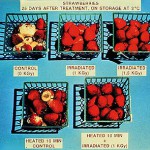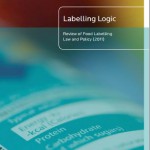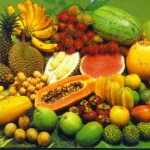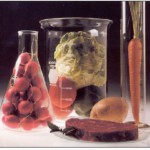News: Apples, Grapes, Strawberries and Other Popular Fruits Could Soon Be Treated With Irradiation

 Food Standards Australia New Zealand (FSANZ) is recommending apples, apricots, cherries, nectarines, peaches, plums, honeydew, rockmelon, strawberries, table grapes, zucchini and squash be permitted in the latest expansion of the use of irradiation on fresh foods in Australia. NOW is the time to write a submission.
Food Standards Australia New Zealand (FSANZ) is recommending apples, apricots, cherries, nectarines, peaches, plums, honeydew, rockmelon, strawberries, table grapes, zucchini and squash be permitted in the latest expansion of the use of irradiation on fresh foods in Australia. NOW is the time to write a submission.
“The treatment is already approved for tomatoes, capsicums, persimmons, herbs and spices, herbal infusions and some tropical fruits….The proposal could potentially push up prices because of mandatory labelling requirements and other costs, risk assessment documents reveal”, reports the Herald Sun.
The proposal is being put forward by Queensland’s Department of Agriculture, Fisheries and Forestry, one of the agencies ostensibly intended to monitor and police the use of new technologies in food, suggesting a conflict of interest and possible stacking by industry pundits.
“Irradiation is being sought as an alternative treatment to some pesticides, which are no longer permitted or permissions for use have changed,” Food Standards Australia New Zealand chief Steve McCutcheon told the Herald-Sun newspaper, “FSANZ has reviewed the evidence on the safety of these irradiated fruits and found they are safe to eat. The literature also shows the maximum dose permitted does not reduce the nutritional quality.”
However, irradition has been banned by the Australian Government for use on cat food after more than 50 cats became ill or died as a result of eating irradiated products. A high rate of pet neurological disorders in the US is also linked with irradiation. Research has found that irradiation decreases the vitamin content of fresh foods, and creates ‘unique radiolytic products’ that do not occur in nature. Read more about the risks of irradiation [here]
Final approval requires the participation of state ministers, and FSANZ is currently accepting submissions from the public. Read the FSANZ application and submit your letter of rejection here: http://www.foodstandards.gov.au/code/applications/Documents/A1092%20Irradiation-CFS.pdf









